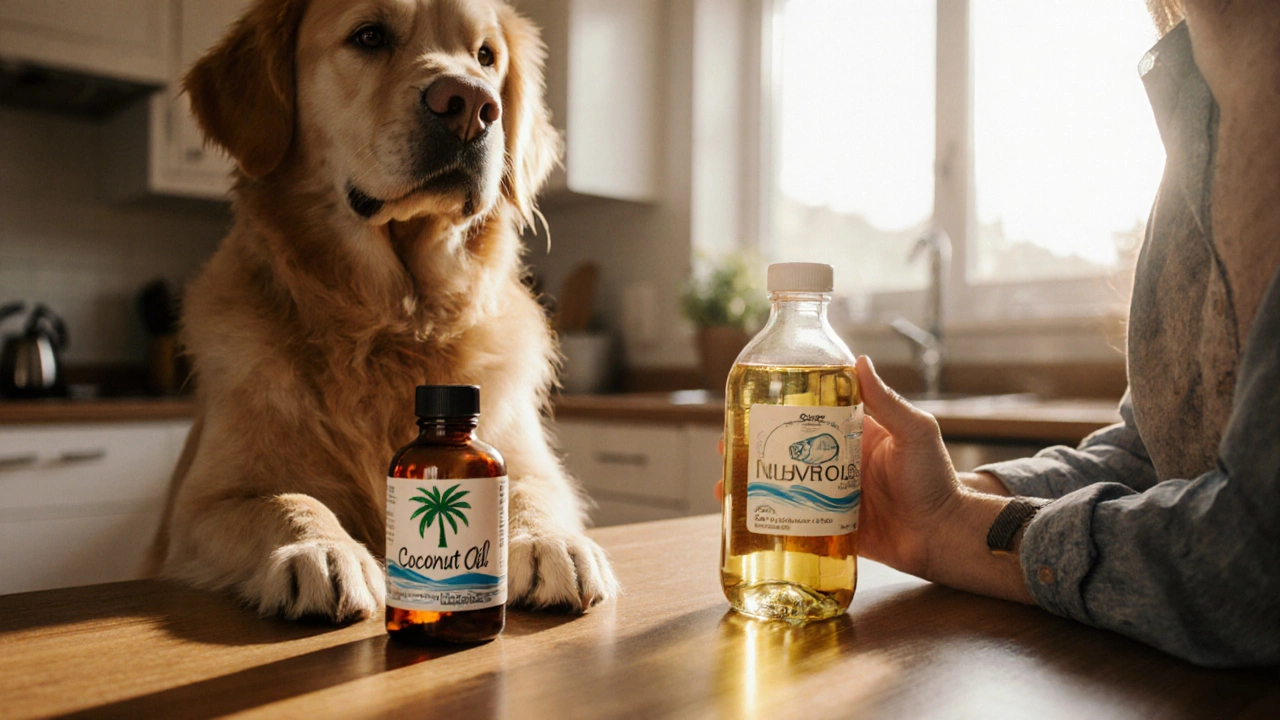Dog Supplements: What Works, What Doesn’t, and How to Choose Safely
If you’ve ever wondered whether a pill or powder could boost your dog’s health, you’re not alone. Many owners add supplements hoping for shinier coats, stronger joints, or better digestion. The good news is that some options really do help – but only when you pick the right ones and use them correctly.
First, understand why a supplement might be needed. Most commercial dog foods meet basic nutrient requirements, but extras can fill gaps caused by age, breed, or health issues. For example, senior dogs often need joint support, while active puppies might benefit from omega‑3 fatty acids for brain development. Knowing the specific need keeps you from tossing random pills into the bowl.
Why Use Supplements?
Supplements can target problems that food alone can’t solve. Glucosamine and chondroitin are the go‑to combo for dogs with arthritis, helping keep joints moving smoothly. Probiotics improve gut health, which can reduce gas and improve stool consistency. Vitamin D and calcium are useful for breeds prone to bone disorders, but only under vet guidance – too much can be toxic.
Another practical reason is lifestyle. Dogs that spend a lot of time outdoors might need extra antioxidants to combat free radicals from UV exposure. Working dogs or high‑energy breeds often need extra protein or B‑vitamins to sustain stamina. When you match the supplement to the dog’s routine, you’re more likely to see real benefits.
Choosing Safe Supplements
Not all products on the shelf are created equal. Look for brands that provide a Certificate of Analysis (COA) – it shows the exact ingredients and that the product was tested for contaminants. Avoid supplements that list “proprietary blend” without details; you deserve to know what’s inside.
Check the label for AAFCO (Association of American Feed Control Officials) compliance. This means the product meets a standard for safety and nutrition. If the supplement claims to cure a disease, that’s a red flag. Remember, supplements are meant to support, not replace, a balanced diet.
Ask your vet before starting anything new. Vets can spot potential interactions with medications or existing health conditions. For example, a dog on blood thinners should avoid high‑dose fish oil without supervision.
When you buy, start with a low dose and watch your dog for any changes – digestive upset, itching, or lethargy could mean the product isn’t a fit. Keep a simple log of dosage, brand, and any observations. This makes it easier to adjust or discuss with your vet later.
Finally, store supplements properly. Heat, moisture, and sunlight can break down nutrients. Keep them in a cool, dry place and check expiration dates regularly.
In short, dog supplements can be a valuable addition when you know the why, pick reputable products, and involve your vet. Stick to these basics, and you’ll give your furry friend a boost without unnecessary risk.











